5 Ways to Revitalize Your Gut After Taking Antibiotics
Antibiotics play an essential role in modern medicine. They have made once life-threatening infectious illnesses nearly obsolete. At the same time, they can come with some pretty devastating side effects to our gut microbiome. Our gut microbiota contains tens of trillions of microorganisms, including at least 1000 different species of known bacteria with more than 3 million genes (150 times more than human genes)1, all of which provide vital synergistic functions to our systemic health and wellbeing. The gut microbiome extracts energy and nutrition from the food we eat, protects us against pathogens, plays a role in regulating systemic inflammation, directly communicates with systemic hormones and neurotransmitters and supports the development and maintenance of our immune system2.
After a course of antibiotics, the gut can resemble Hiroshima after the United States dropped the atomic bomb at the end of World War II- complete and utter devastation. In an effort to provide relief against pathogenic bacteria elsewhere in the body, antibiotics can wreak havoc on the beneficial bacteria that live in our gut, the bacteria we need for a healthy digestive tract and immune system.
Restoring the gut microbiome is vitally important to getting our health back on track once we have gone through a course of antibiotics. The following article is a short list of the top 5 things you can do after a course of antibiotics to help restore the balance in your gut ecosystem.
1. Add in Probiotics
Probiotics are exogenous bacteria that we consume, either through fermented foods or a supplement form that help to bolster and support the healthy population of microbes living in our gut. These microbes help to serve the many important functions going on in the gut. In addition to being a physical barrier against invading microbes, our gut bacteria also produce important metabolites for our bodies. One such substance is called butyrate. Butyrate is a short-chain fatty acid that is vitally important as a systemic anti-inflammatory agent in our bodies. It acts as a food substance for the cells that line our gut as well. Butyrate has also been associated with a lowered incidence of colon cancer and heart disease. Our gut microbes produce our primary sources of butyrate. Some studies have noted that when the presence of butyrate-producing bacteria is compromised, it can promote inflammation and increase our chances of developing colon cancer and heart disease34.
It can take about 6 months for our gut flora to return to normal following a course of antibiotics. Even after 6 months, however, new research is pointing to the fact that some species may never fully recover5. In a recent study conducted out of the University of Copenhagen, researchers point to 9 specific species of beneficial gut bacteria populations that are missing even after 6 months post-antibiotic use. These 9 species play a vital role in keeping the gut functioning properly and provide a barrier against future infections6. Since much of this research is very new, several of the 9 species mentioned in these studies are not yet available in a supplement form. It’s important to note that we still don’t fully understand the individual links between these species and various disease. The following is a list of the 9 species mentioned in these studies and some of their currently known functions in the gut7.
- Coprococcus eutactus – Known butyrate producer
- Collinsella aerofaciens – Known butyrate producer. Research into Collinsella shows that a reduction in C. aerofaciens has been linked with several health disorders, including irritable bowel syndrome8”
- Capnocytophaga sp. oral taxon 329 – Part of normal oral flora whose exact function isn’t fully understood.
- Bifidobacterium adolescentis – Butyrate producer. In recent research B. adolescentis CCFM 669 and 667 were shown to relieve constipation symptoms. These bacteria adhere to intestinal epithelial cells and grow very quickly in vitro increasing the concentrations of both propionic and butyric acids.9”
- Eubacterium ventriosum – Known butyrate producer10
- Bifidobacterium angulatum – Known to discourage the growth of pathogenic bacteria. By participating in the “barrier effect”11. This specific species of bacteria has also been studied as a treatment and prevention of Ulcerative colitis12
- Bacteroides stercoris – Bacteroides species have the ability to remove side chains from bile acids, thus returning bile acids to the hepatic circulation13. These bacteria are also known butyrate and succinate producers14
- Bifidobacterium catenulatum -pseudocatenulatum complex – Studies done on mice using Bifidobacteria have shown that a combination of prebiotics and bifidobacteria may reduce the occurrence of carcinogen-induced cancerous cell growth.15
- Methanobrevibacter smithii – High levels of menthanobrevibacter have been associated with IBS-C16. However, this bacteria also plays an important role in carbohydrate breakdown and metabolism in the gut.17
Since research into these species and their effects on long term health is still in its infancy real clinic correlations still can’t be accurately made about how these missing microbes could be affecting our health. Hopefully, future research efforts will unveil their connection and how we can/or if we should improve their populations. As a precaution however taking a probiotic supplement that contains at least some of these species may be a good idea post-antibiotic use.

2. Add in Prebiotics
Prebiotics are the foods that feed our healthy gut microbiome. These foods are usually high in fiber and non-digestible plant starches that beneficial gut microbes use to feed their own metabolism. As a byproduct of their metabolism, they produce the vitally important substance butyrate18. The most common sources of dietary prebiotics include asparagus, sugar beet, garlic, chicory, onion, Jerusalem artichoke, banana, barley, and tomatoes which are high in fructo-oligosaccharides, inulin, and galacto-oligosaccharides19. It’s important to note however that in the presence of bacterial overgrowth these same foods can exacerbate symptoms of IBS. It’s best to take things slowly and always consult a healthcare professional if you suffer from IBS, IBD or any other gastrointestinal condition.
3. Avoid Foods That Exacerbate the Gut Lining
A. Avoid Trehalose:
Trehalose is a food additive used in many processed foods such as cakes, cookies and ice cream. It is found naturally in some foods like mushrooms but used in higher amounts in processed foods. It has been linked to increased virulence of the bacteria clostridium difficile20. Clostridium difficile or C. diff, has been linked with post-antibiotic use gastrointestinal infections. It’s an opportunistic microbe that waits until all the beneficial microbes have been eliminated and then jumps at the chance to colonize and take over the gut. In the process, it creates a very nasty and potentially life-threatening infection21. Trehalose has been shown to increase the chances of developing a C. diff infection severalfold.
B. Avoid Simple Sugars and Alcohol:
Both simple sugars (like pure glucose and fructose) and alcohol have been shown to acutely affect the health of the gut barrier22. They break down the integrity of the gut barrier and make it easier for infectious and inflammatory agents to enter our bloodstreams. After antibiotic treatment, when the gut is still healing, these foods can potentially be even more damaging.
C. Avoid Gluten
Gluten-containing foods increase a compound known as zonulin, which is important for maintaining gut membrane integrity. When zonulin is found in the stool or blood it means that our gut membrane integrity has been compromised and we have a condition called leaky gut syndrome. Leaky gut has been linked to a host of health complications, most prominently all forms of autoimmune disease23. Once the gut membrane has been compromised, foreign antigens can enter our bloodstream and confuse the immune system and wreak havoc. Through a process known as “molecular mimicry”24 our body starts attacking these foreign proteins. At the same time, our immune system attacks cells that look similar, which turns out to be our own bodily tissues25.
Through a process known as “molecular mimicry” our body starts attacking these foreign proteins. At the same time, our immune system attacks cells that look similar, which turns out to be our own bodily tissues.
-Dr. Mark Iwanicki, ND

See how we can help you restore complete health of body, mind & spirit.
4. Consider Supplements to Strengthen the Gut Barrier
After a course of antibiotics, there is a real risk of degeneration of the intestinal gut barrier. The resulting imbalance of the gut ecosystem leaves fewer beneficial microbes to protect us from the breakdown of the gut barrier. In order to strengthen our intestinal lining against foreign invaders, certain dietary substances can be used to enhance its strength.
A. Collagen Peptides
Collagen peptides are the amino acid building blocks for collagen in our bodies. The gut barrier is made up of various forms of collagen and protein. Collagen peptide supplementation has been studied to strengthen our gut barrier and make it stronger against foreign invaders26. A strong gut barrier also makes it less vulnerable to diseases such as IBD and IBS.
B. Colostrum
Colostrum, a natural supplement with a wide range of researched positive health effects, including reduction of intestine permeability. Colostrum is produced by all mammalian mothers as a way to boost the immune protection of their newborns. It is the first release of a mother’s breast milk after a baby is born. Colostrum supplementation has been studied as a safe and effective way of increasing the immune strength of the gut barrier and decreasing intestinal permeability27.
5. Start a Detox and Drainage Protocol
In the traditional understanding of European Biological Medicine, the accumulation of toxins in the body is the number one driver of all dysfunctional states. A course of antibiotics leaves behind a trail of endogenous toxins in the body that – if left unchecked – can lead to further physiological damage and even disease. One of the main ways that antibiotics do this is through the proliferation of non-commensal (or pathogenic) bacteria that produce entero-toxins in the gut28. Another way is the production of neurotoxic byproducts that can affect the nervous system29. European biological drainage remedies (produced by such companies as Unda, Soluna, Pekana, Nestman, etc) are designed to stimulate the organs of elimination (liver, kidney, and lymphatic systems) in order to enhance the removal of these toxic substances from the body30. Post-antibiotic use, this removal of toxins may be even more crucial as our gut microbiome is in a weakened state. It’s important to always start a detox and drainage protocol under the care and supervision of a qualified healthcare practitioner as sometimes the release of stored toxins in our body can create a detox reaction. During these reactions a person may feel unwell for a time with symptoms of fever, fatigue, muscle aches, and cognitive impairment.
Antibiotics continue to be an important and crucial component of modern medicine. However, it is a component of medicine that is not without some unintended negative gastrointestinal side effects. Whatever your reasons for starting an antibiotic prescription, with the proper tools and information you can make taking antibiotics more sustainable for your long term gut health and well-being. The first step is understanding how they work inside you – the next step is taking control of your recovery to optimize your complete healing journey.
Disclaimer: The statements made in this article have not been evaluated by the Food and Drug Administration. Any products or treatments mentioned are not intended to diagnose, treat, cure, or prevent any disease. Please consult a licensed medical practitioner for medical advice.
At Innovative Medicine, we believe in transparency. We want you to know that we may participate in affiliate advertising programs pertaining to products mentioned herein.
See how we can help you restore complete health of body, mind & spirit.
Join our mailing list and receive exclusive offers + information!
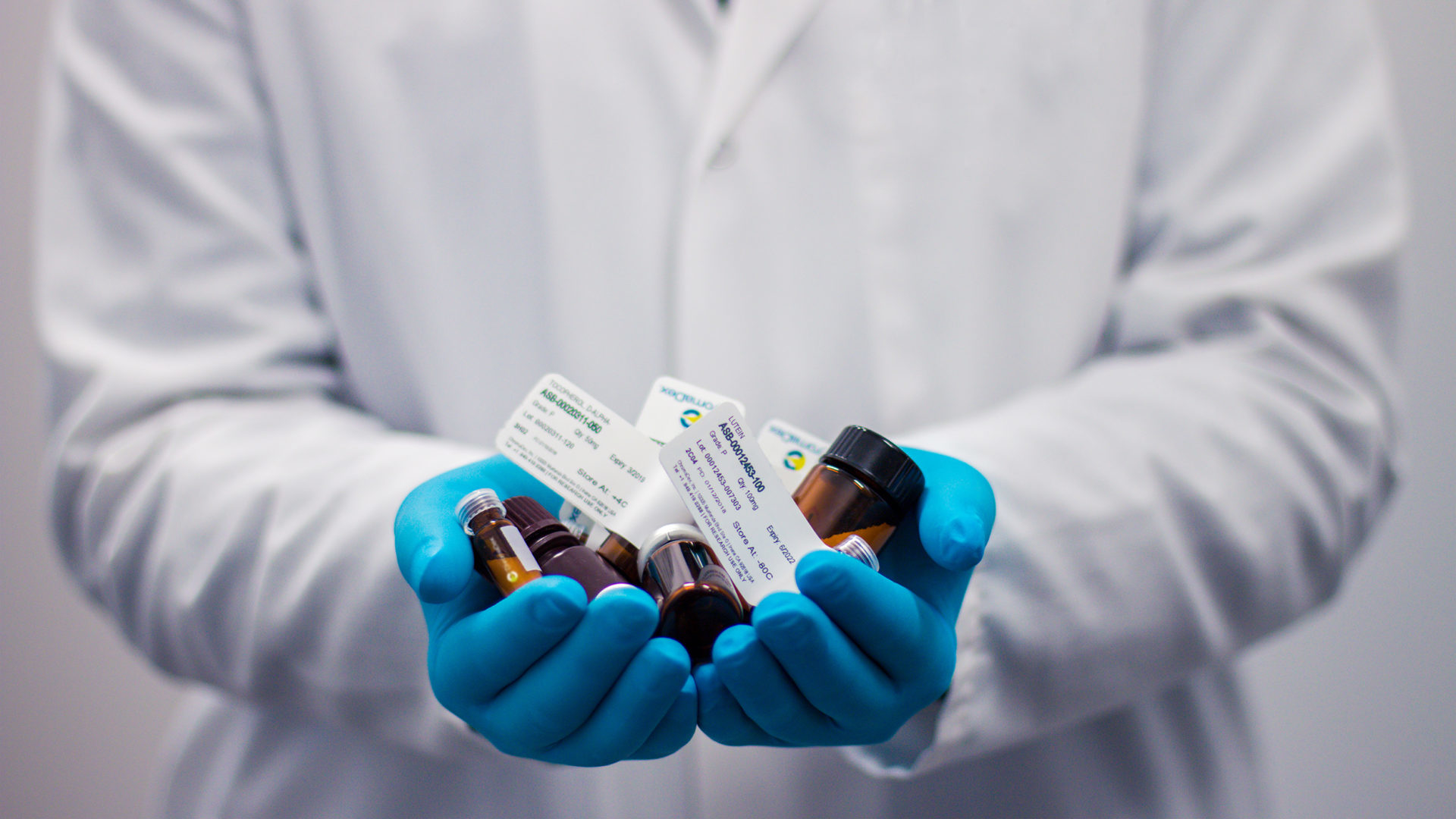
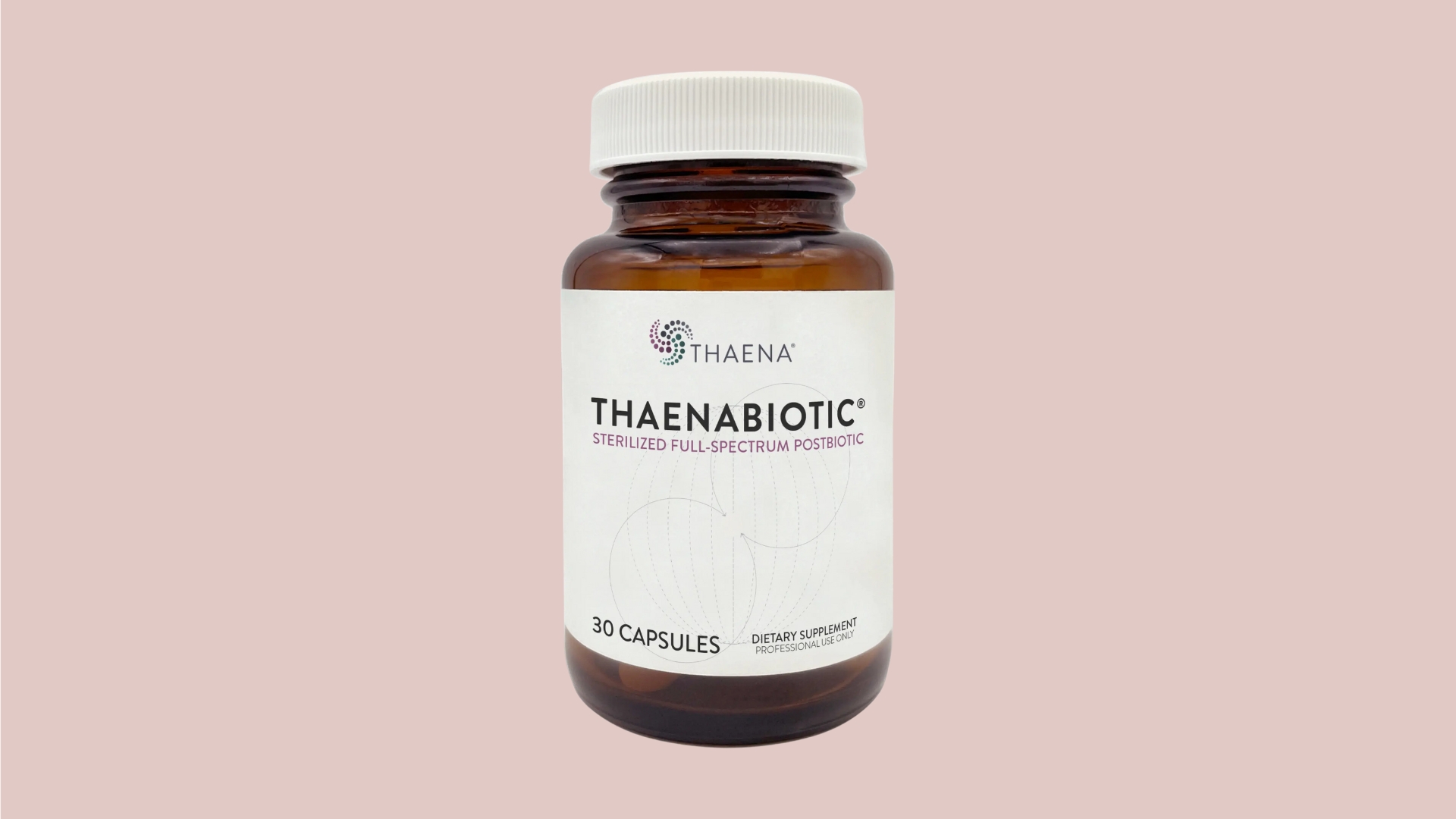
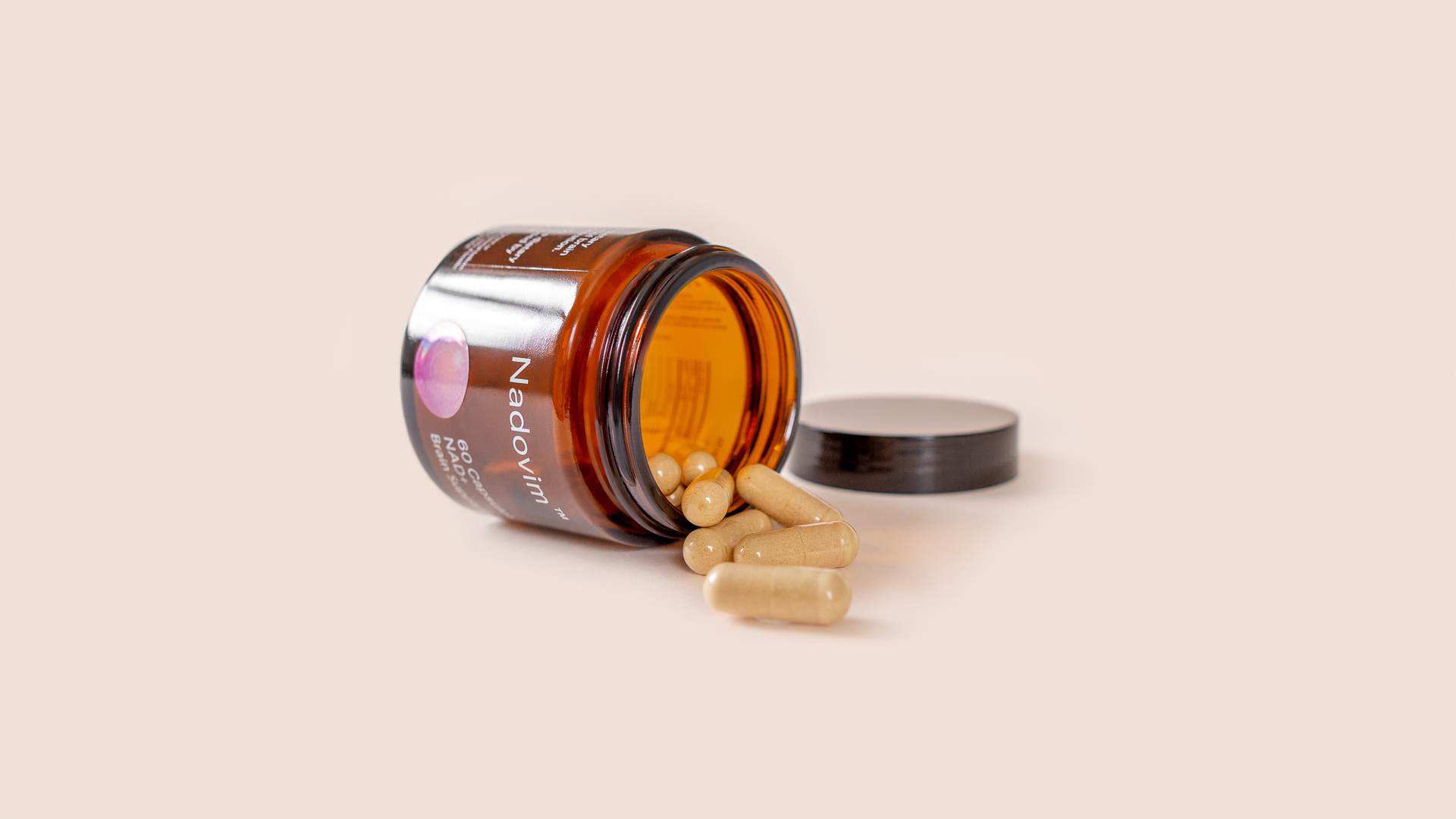
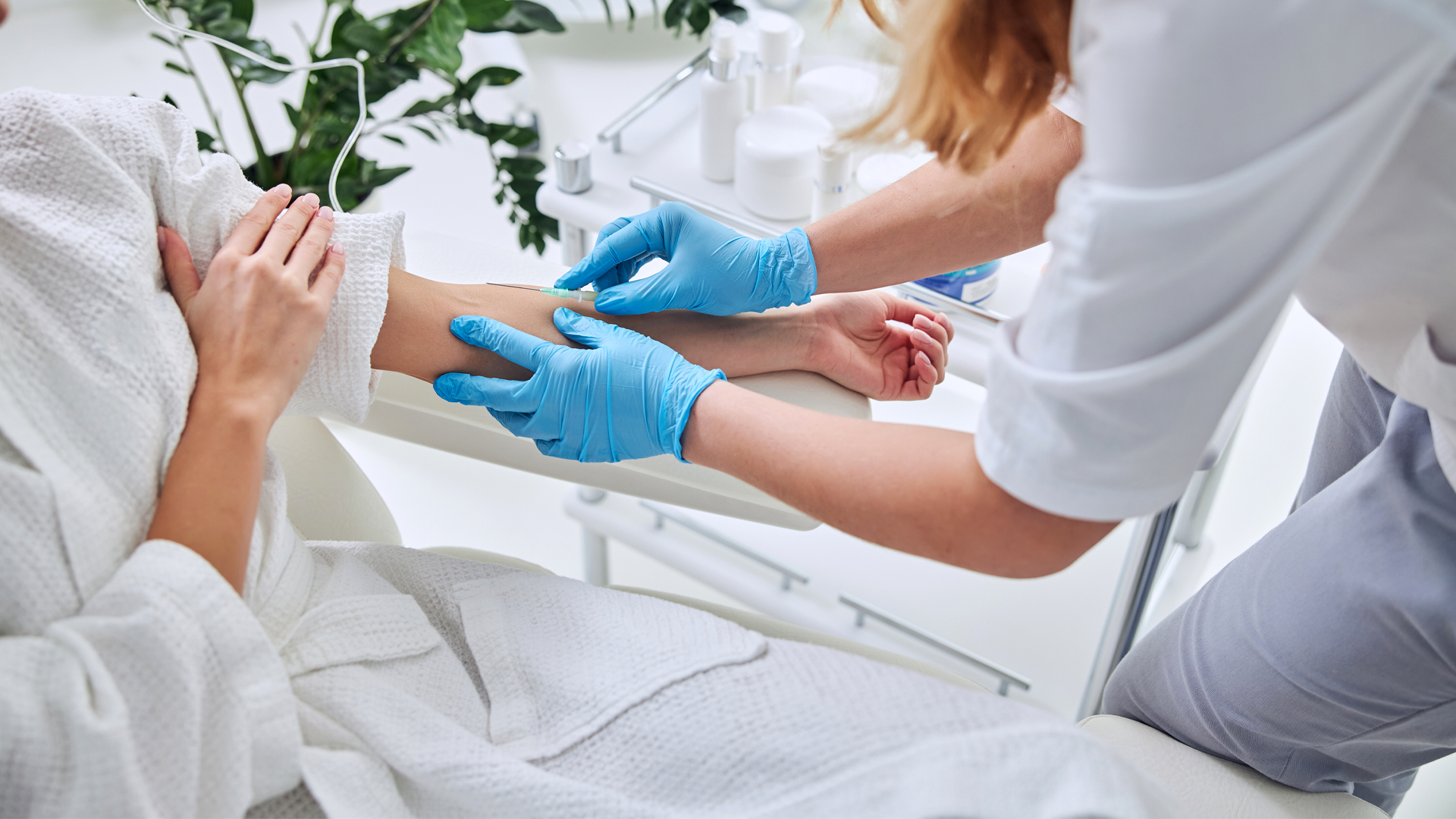
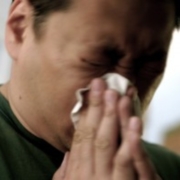
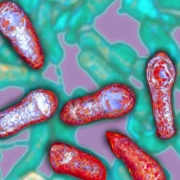
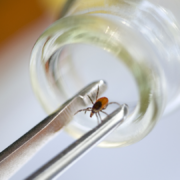
Trackbacks & Pingbacks
[…] Related: 5 Ways to Revitalize Your Gut After Taking Antibiotics […]
[…] Unhealthy lifestyles and stress can cause a system overload affecting our daily function by blocking metabolic pathways, altering our microbiota, and reducing energy and mental clarity. Research on microbial niches continues to build a correlation between our microbiota and immunity, suggesting that a disruption in those niches can affect our immune response. Perhaps one of the most prevalent microbiome disrupters is the first thing we ask for when we are sick and one of the most overused and mis-prescribed pharmaceuticals in western medicine ーantibiotics. […]
Leave a Reply
Want to join the discussion?Feel free to contribute!